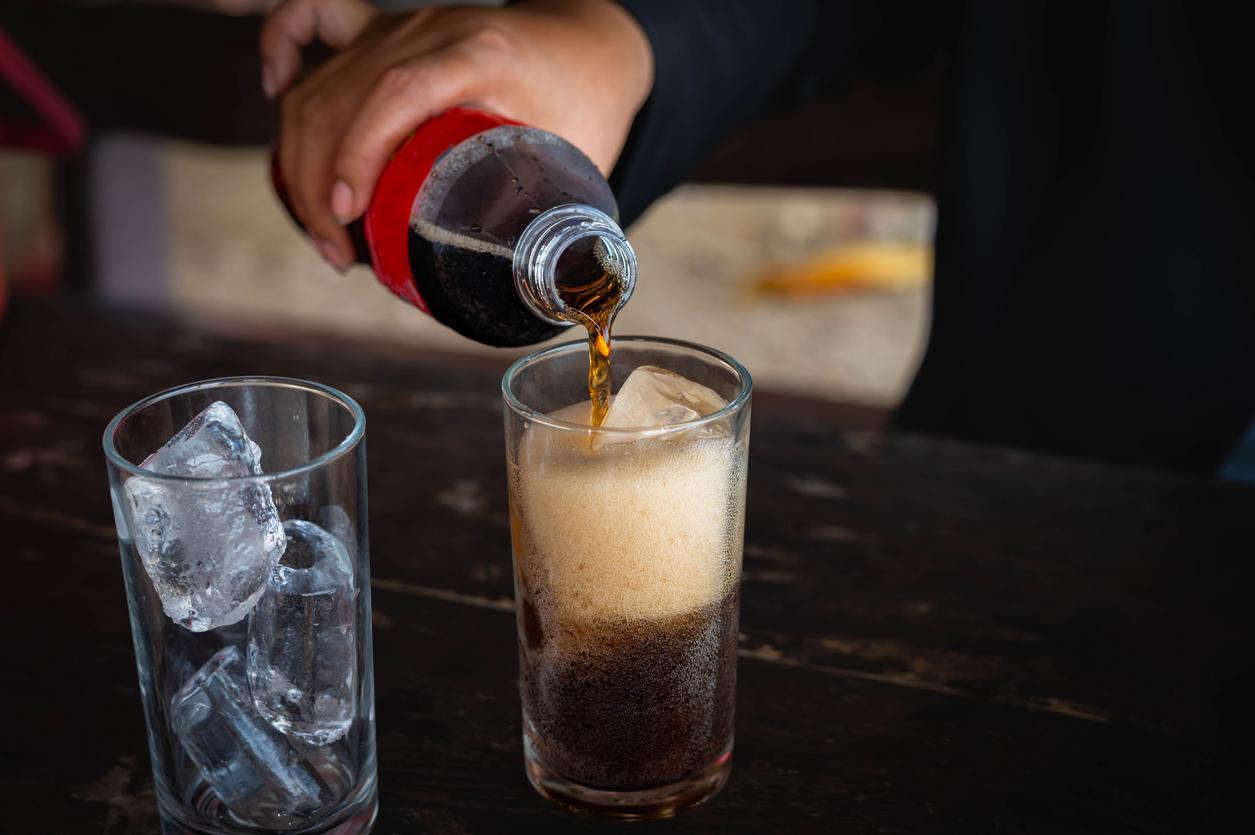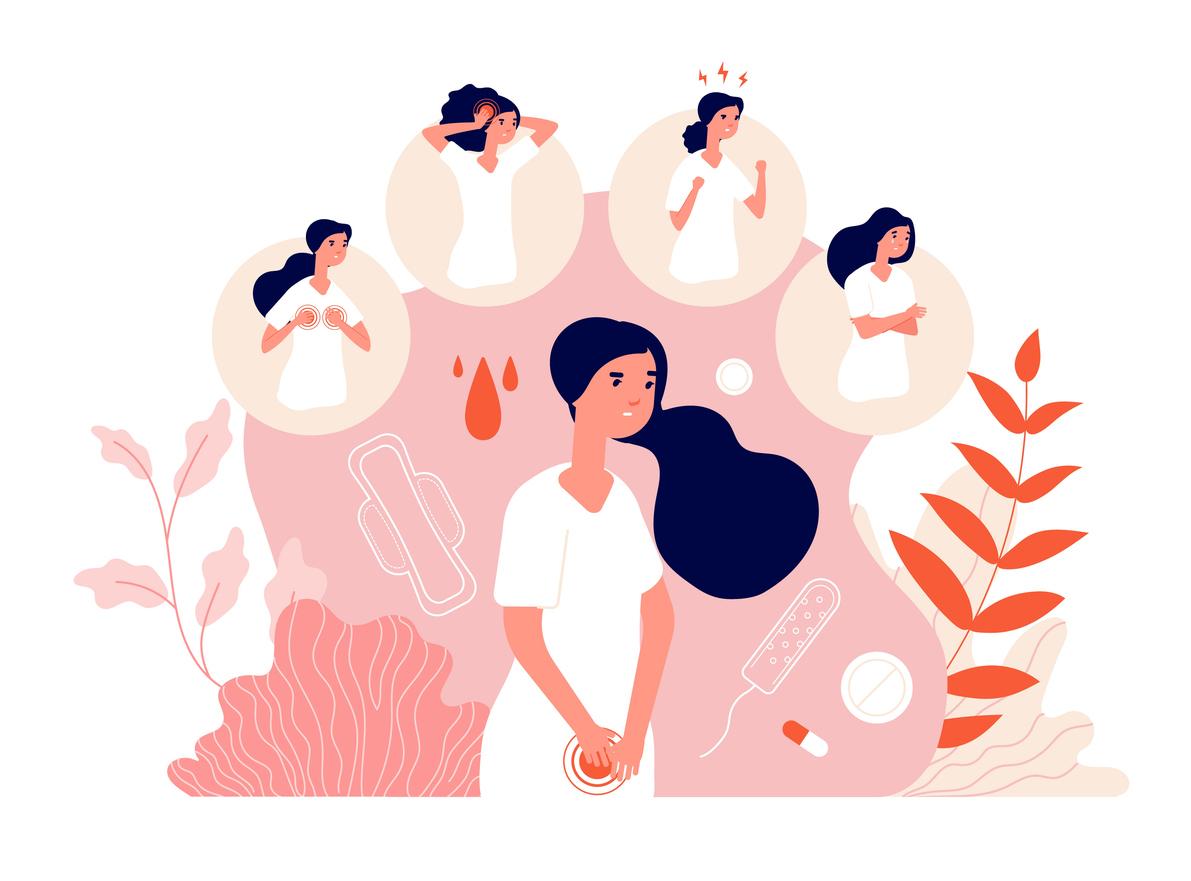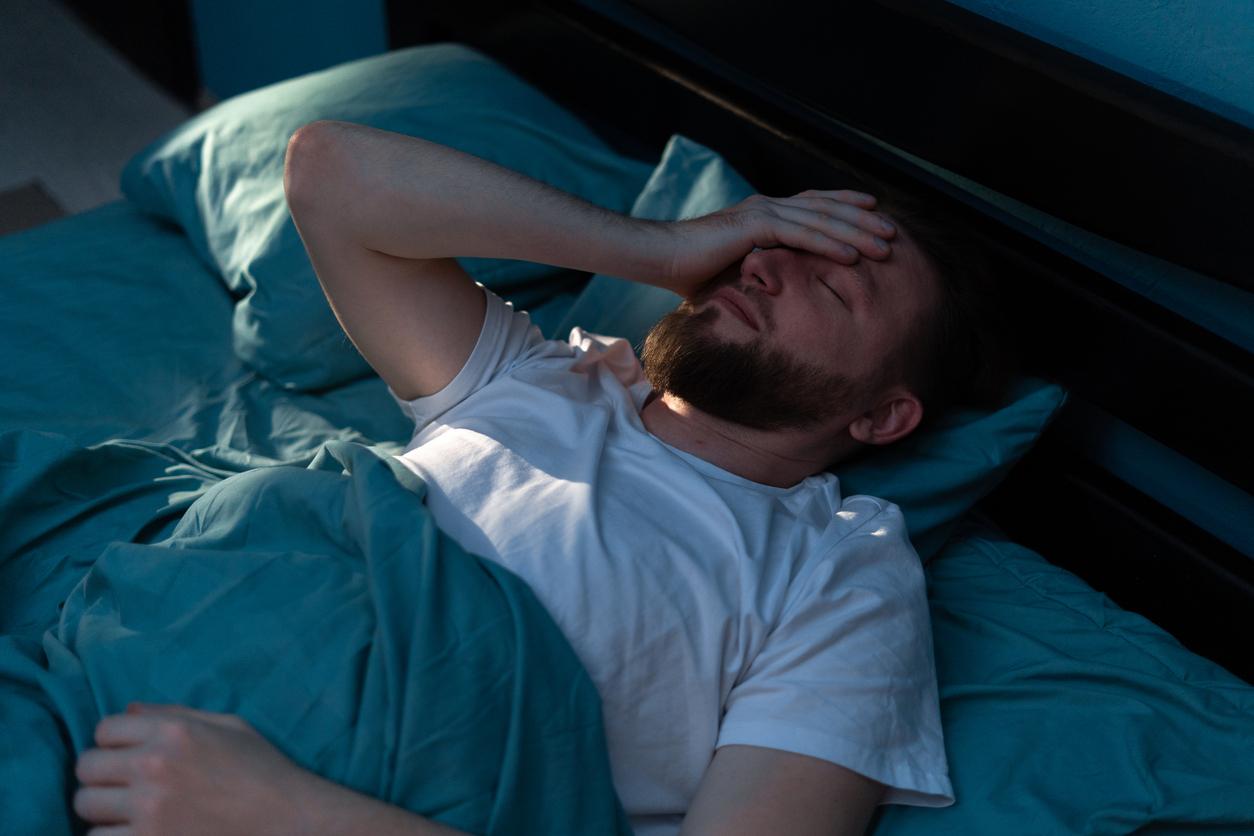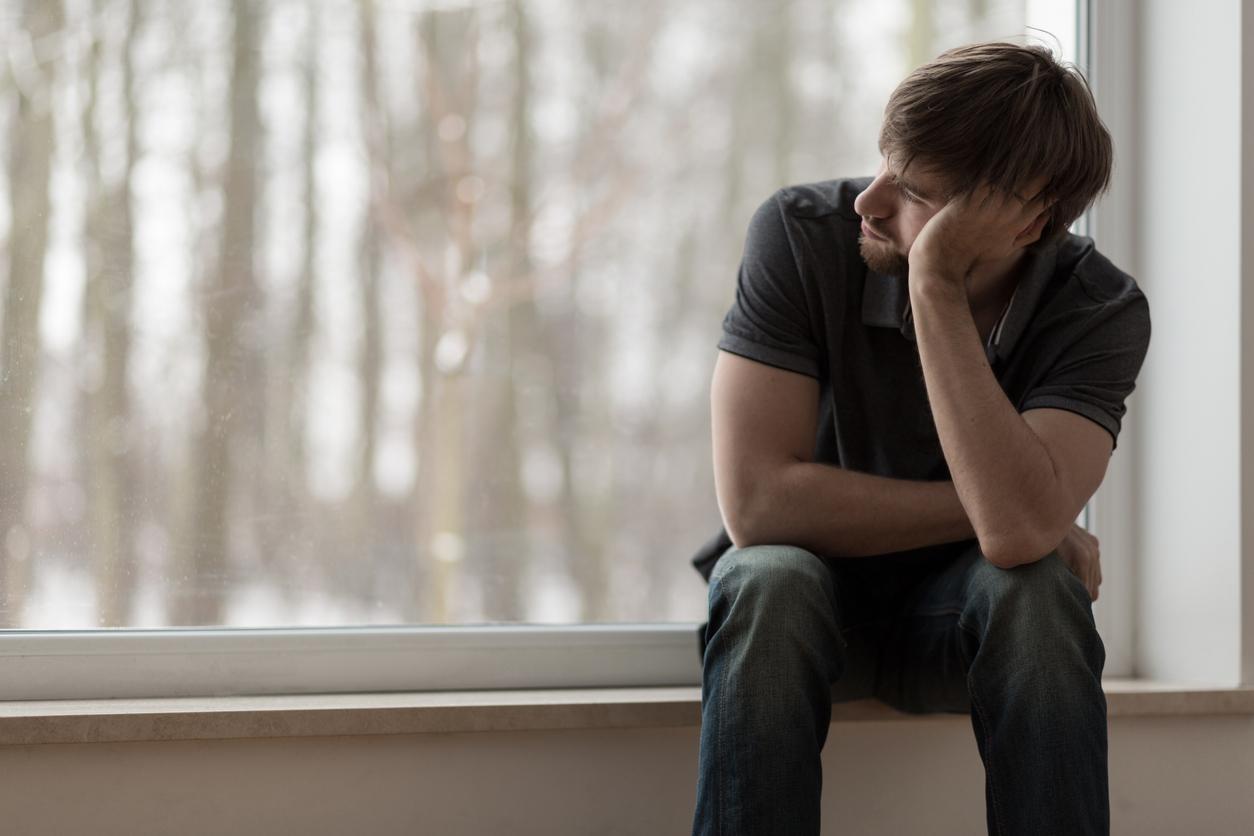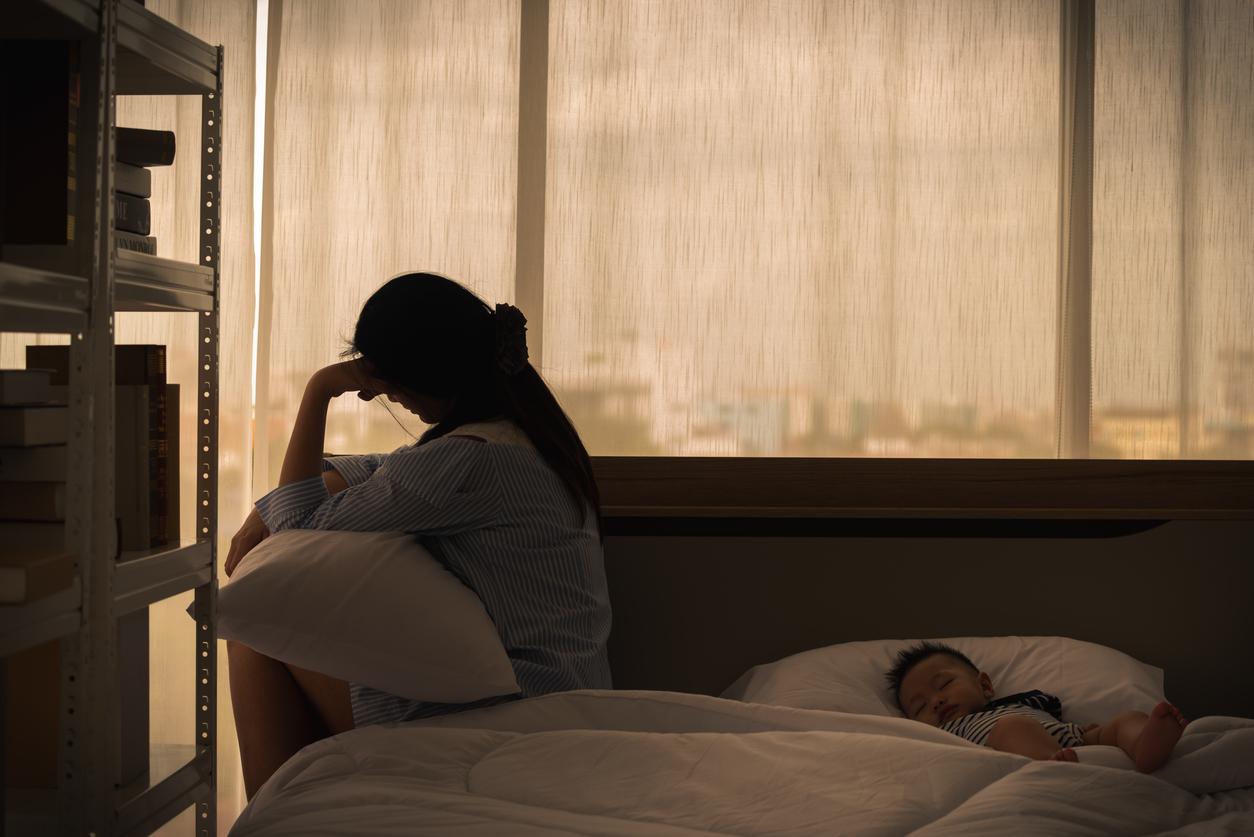As part of its suicide prevention campaign, the Care for Health Professionals (SPS) association unveiled a chilling video spot. These images have been widely criticized by various organizations such as the Papageno program supported by the General Directorate of Health.
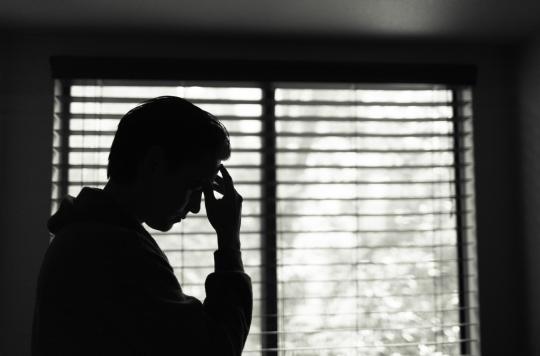
- In case of dark thoughts, you can reach the national suicide prevention number, 3114, in order to receive help.
- The video content presented by the SPS was also criticized by the Association of Young Psychiatrists and Young Addictologists (AJPJA).
A method of raising awareness that calls out. On August 30, the Healthcare Professionals Association (SPS) presented a video for the launch of its communication campaign on suicide prevention titled: “Who will treat us when the health professionals are no longer there?”.
Images that are hard to watch
During the short film, three caregivers show up in the room of a hospitalized patient asking her if everything is okay. The latter replies that she is better, thanks in particular to them. One of the health professionals then reveals her discomfort, telling her that they are not well at all. Images that are difficult to watch are then unveiled. Each of the caregivers makes a different suicide attempt (hanging, defenestration, gunshot) under the horrified eyes of the bedridden patient.
The spot ends with a figure: three health professionals commit suicide every two days, according to the SPS Association. Data that is difficult to verify. To help caregivers, the organization has set up the SPS system, which aims to “to listen, guide and support“. This platform is open 24 hours a day, 7 days a week and directs you to a psychologist. To access it, simply dial the toll-free number 0 805 23 23 36 or download the application.
In A press releasethe SPS association also unveiled the results of a survey on suicide among healthcare professionals, carried out in 2017. According to their work, 25% of those questioned had already had suicidal thoughts during their professional career.
Awareness campaign criticized
However, the distribution of this video content is not unanimous among the various public health organizations. In interview, Nathalie Pauwels, in charge of the deployment of the Papageno program which is committed to the prevention of suicidal contagion, the promotion of mutual aid and access to care, denounced the potential harmful effects of this video spot. The specialist particularly insisted on the “Werther effect” which corresponds to the risk of suicidal “contagion” following the media coverage of a suicide or suicidal behavior.
According to Nathalie Pauwels, the awareness video of the SPS association in no way respects the recommendations recommended by the World Health Organization (WHO) to prevent suicide attempts. “One of them is above all not to show the modus operandi of suicide, at the risk of provoking an effect of mimicry. And this is one of the first times in my career, where I see, for once, 3 operating modes presented. And that’s why I reacted.” she told our colleagues.
The person in charge of the deployment of the Papageno program also recalled that health professionals are not protected from the impact that the “violent messages” present in the spot can have. “It is not because we are professional that we are stronger than the others. The Wer effectyouher impacts people who already have suicidal thoughts. But if we start from the principle, as they say in their study, that many caregivers think about suicide, that it’s a weakened population, with a lot of acting out, that means that we have to take even more precautions when we launch a message of prevention and there they are not taken”, she said. Nathalie Pauwels hopes that the film will soon be removed from distribution platforms.









